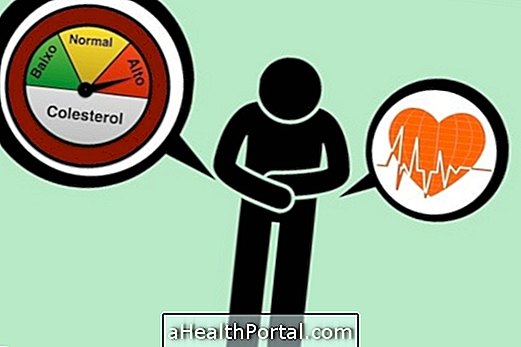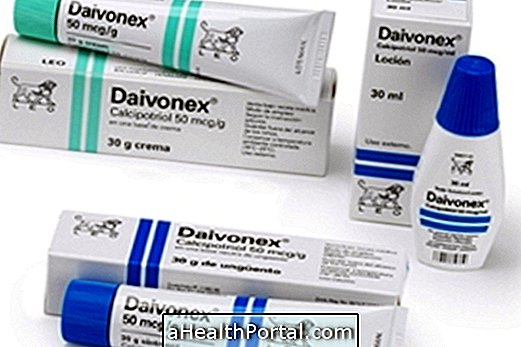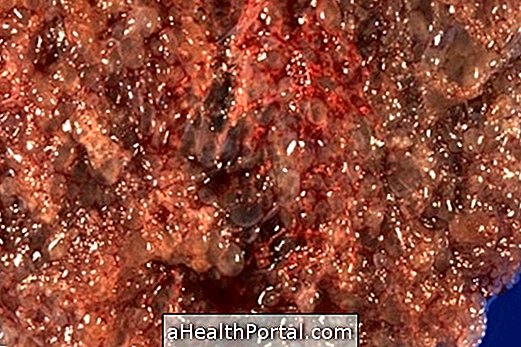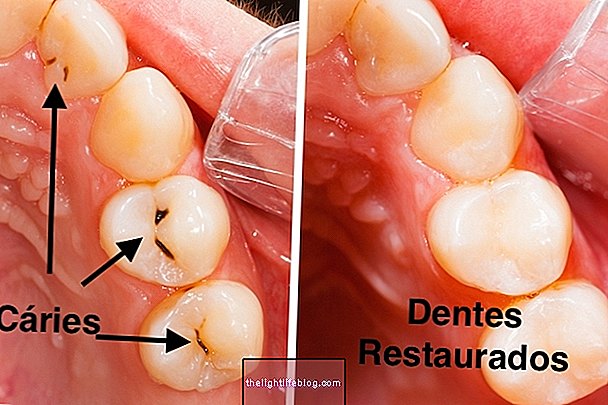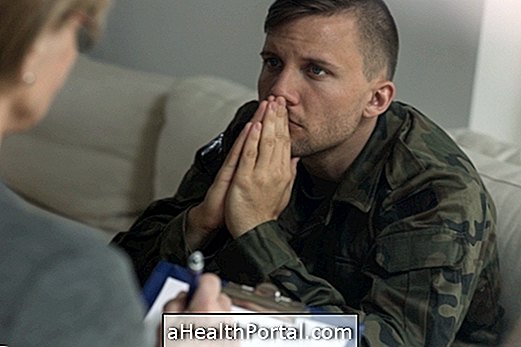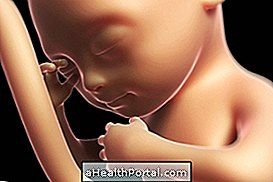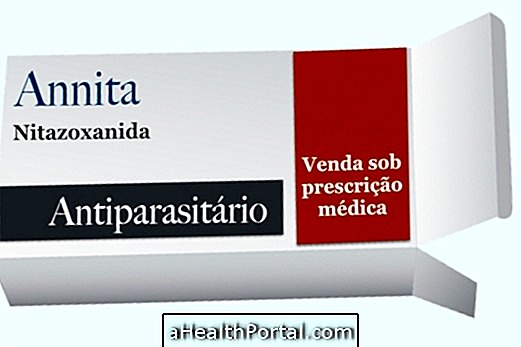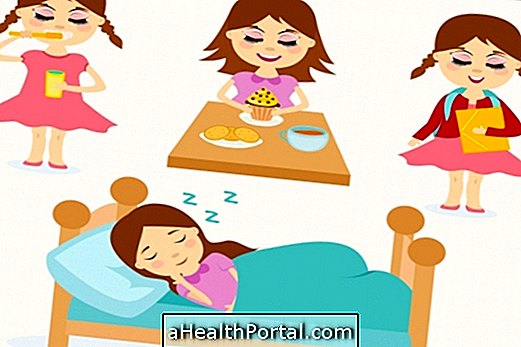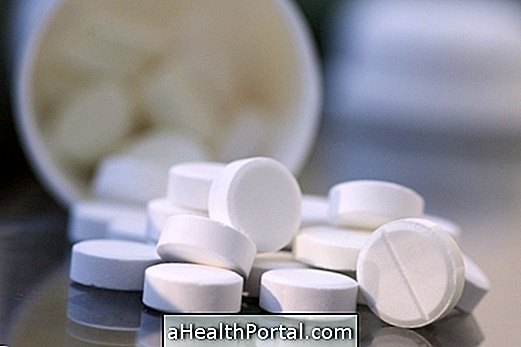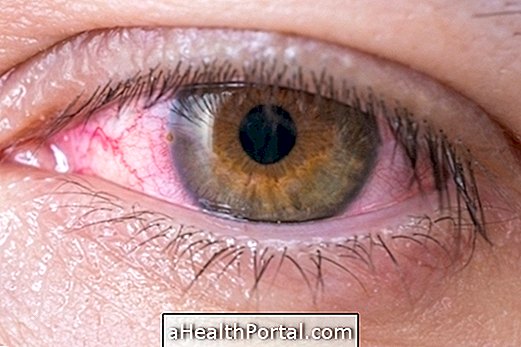Broken Heart Syndrome, also known as Takotsuba Cardiomyopathy, is a rare condition that causes heart attack-like symptoms, such as chest pain, shortness of breath, or tiredness, and which occurs in periods of high emotional stress, such as during a seizure or after the death of a relative, for example.
Generally, this syndrome occurs in women in their early 40s, but can appear at any age, affecting men as well.
Broken heart syndrome is usually considered a psychological illness, but hemodynamic studies show that during the syndrome, the heart's ventricles do not contract properly, resulting in a broken heart-like image.

Treatment for Broken Heart Syndrome
Treatment for Broken Heart Syndrome should be guided by a General Practitioner at the emergency room or a Cardiologist. There is also a need for consultation with a psychologist since psychological help is required to enable the patient to overcome the trauma that is causing the emotional stress buildup.
However, in more severe cases, hospital admission may be necessary to treat heart remedies in order to prevent acute myocardial infarction.
Generally, treatment for Broken Heart Syndrome is quick and the patient may feel symptom improvement after 1 week. However, in cases where hospitalization is required, treatment may last longer than 2 months.
Causes of Broken Heart Syndrome
The main causes of Broken Heart Syndrome include:
- Unexpected death of a family member or friend;
- Be diagnosed with a serious illness;
- Lose a lot of money;
- Being separated from the loved one, through divorce, for example.
These situations cause an increase in the production of stress hormones in the body, which can generate contraction of some cardiac vessels, injuring the heart.
In addition, there are also some remedies, such as Epinephrine, Dobutamine, Duloxetine or Venlafaxine, which can produce stress hormones and cause Broken Heart Syndrome.
Symptoms of Broken Heart Syndrome
The patient with Broken Heart Syndrome may present some symptoms, such as:
- Chest tightness;
- Difficulty breathing;
- Dizziness and vomiting;
- Loss of appetite or pain in the stomach;
- Anger, deep sadness or depression;
- Difficulty sleeping
- Excessive tiredness;
- Loss of self-esteem, negative feelings or suicidal thinking;
Usually these symptoms arise after a situation of great stress and may disappear without treatment. However, if the chest pain is very strong or the patient has difficulty breathing, it is recommended to go to the emergency room for tests, such as an electrocardiogram and blood tests, to evaluate the functioning of the heart.
Useful links:
- Panic Syndrome
- Asperger's syndrome

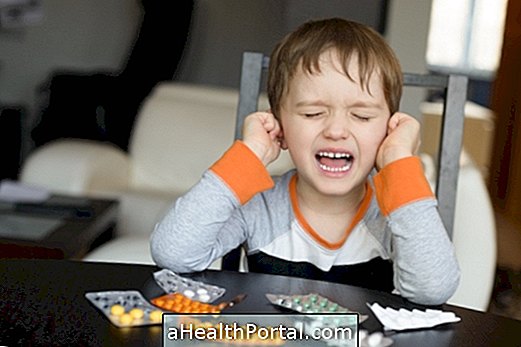
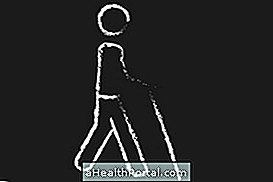
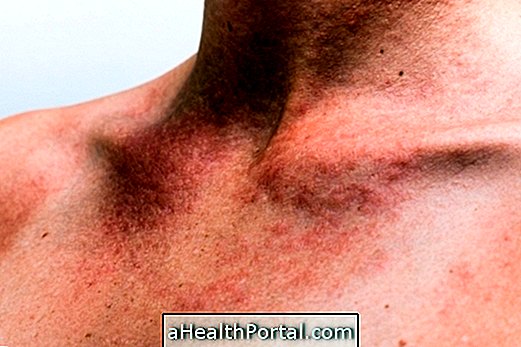

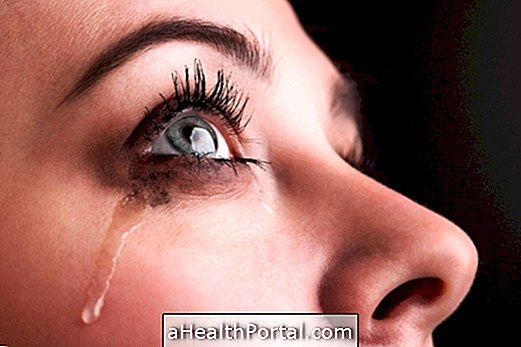

-o-que--como-identificar-e-o-que-fazer.jpg)

